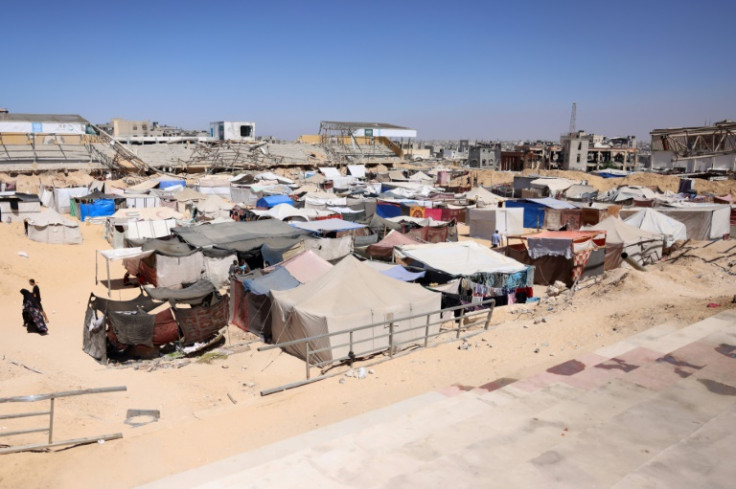UN Global Expert On Muslim Affairs Aftab Malik Named Australia's Islamophobia Envoy

The Labor government has named Aftab Malik, a United Nations Alliance of Civilizations "Global Expert" on Muslim affairs, as special envoy to combat Islamophobia for a three-year term, beginning Oct. 14.
Malik will report directly to Prime Minister Anthony Albanese and the Minister for Home Affairs Tony Burke.
Born to Pakistani parents in Britain, Malik migrated to Australia in 2012 on an invite by the Lebanese Muslim Association to mentor young Muslims. He has been working in the New South Wales Premier's Department for a decade, reported ABC News.
Malik's appointment is expected to enhance the AU$90 million allocation to tackle the impact of the Hamas-Israel conflict in the country.
In July, the federal government had promised to appoint two envoys -- one to tackle antisemitism and second to monitor Islamophobia -- in the wake of emerging reports about social disunity in the country, since the start of the Gaza war, The Guardian reported.
Soon after, the government announced lawyer Jillian Segal as antisemitism envoy. Meanwhile, the government had found it difficult to name a person to monitor Islamophobia, as several people had refused to take up the role.
Malik said he would also collaborate with his counterpart to align the two communities toward common goals.
"Anti-Semitism and Islamophobia are not mutually exclusive: where there is one, you most likely will find the other lurking. I don't intend to use this role to advocate that one form of hatred is more important than another: both anti-Semitism and Islamophobia are unacceptable," he said.
"Promoting social cohesion and fighting against hate in Australia is more important today than it's ever been," Malik stated. "I look forward to engaging with my counterpart, Jillian Segal, to share insights and exchange ideas on how we can fortify social cohesion, and bring our communities together on a common ground, rooted in dignity for all."
The candidates, who were initially approached for the role, were apprehensive it could end up being a "bureaucratic government role." One of them was Islamic College of Brisbane CEO Ali Kadri, who had urged the government to engage with the diverse Muslim communities at the grassroots.
© Copyright 2025 IBTimes AU. All rights reserved.





















